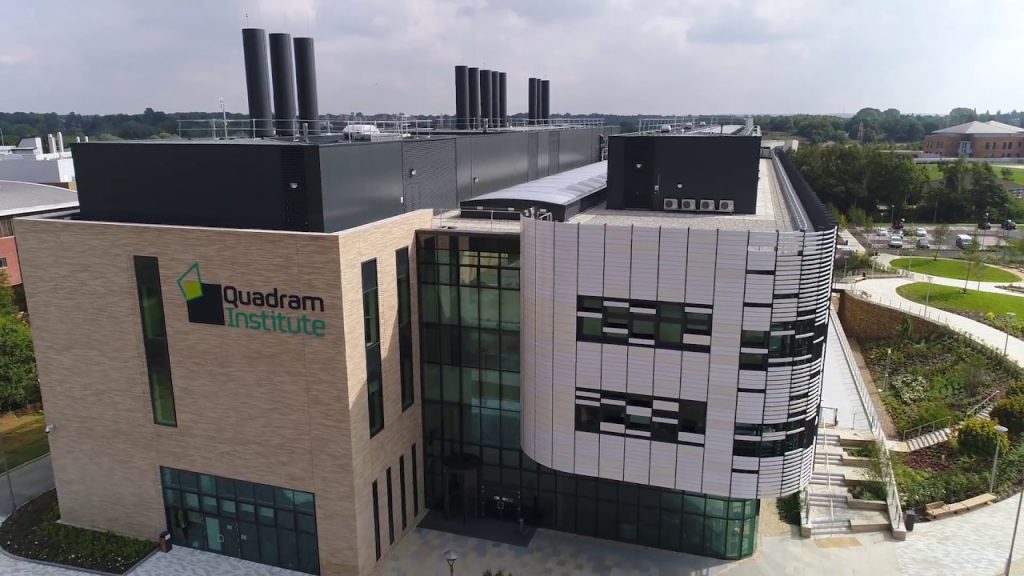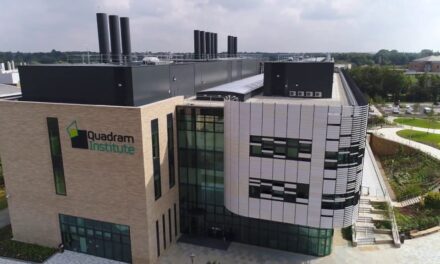FDNC helping food composition scientists in the Eastern Mediterranean region
FDNC are currently working on a project funded by the Medical Research Council, Global Challenges Research Fund, called ‘Capacity building in dietary monitoring and public health nutrition in the Eastern Mediterranean Region (EMR)’. This project aims to enable the development of more comprehensive, standardised regional food composition data and tools which will underpin World Health Organization (WHO) food and nutrition policies, regulatory measures and dietary monitoring in the area*.
We know that there are gaps in regional food composition data in both EMR and Africa. Some countries have no data available, use old data, or ‘borrow’ data from other countries, all of which may not accurately reflect foods consumed within the country.
Through this project we are helping food composition scientists from across the region produce:
- High quality food composition data that are
representative of national food habits and consumption patterns - Data that is generated according to
international guidelines, and therefore comparable and reliable - National datasets that include nutrients in most
of commonly-consumed foods, including traditional foods and dishes
We are achieving this via a number of international training workshops:
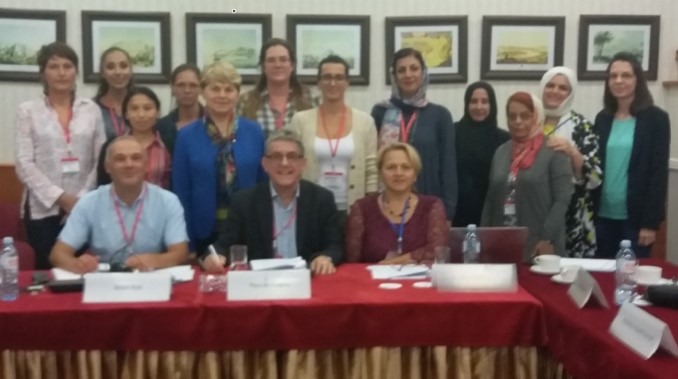
Belgrade, Serbia, October 2018: Food composition compilers from Iran, Iraq, Pakistan and Kuwait received training and guidance in standardised methodologies for creating national food composition databases. The workshop was led by Professor Maria Glibetic from the Capacity Development Network in Nutrition in Central and Eastern Europe (CAPNUTRA) and included training with Mark Roe, EuroFIR, Paul Finglas and Dr Marisol Warthon-Medina both from FDNC.
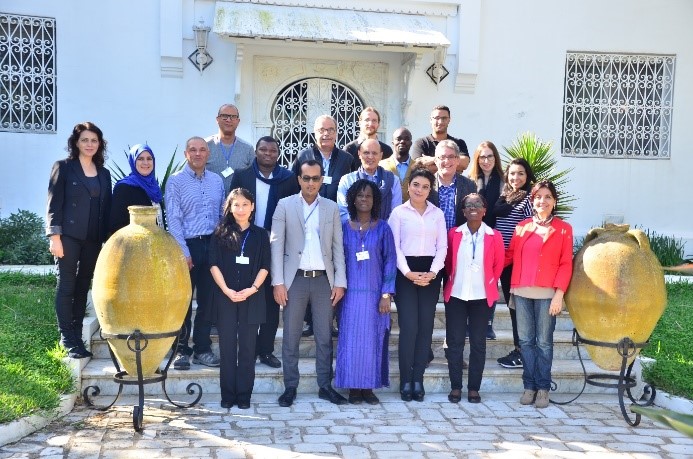
Tunis, Tunisia, November 2018: Again, staff from FDNC organized and contributed to the workshop for food composition compilers from other countries in the EMR (Tunisia, Morocco, Mauritania) and, West African countries (Burkina Faso, Togo and Côte d’Ivoire). The workshop was hosted by Professor Jalila El Ati from the National Institute of Nutrition and Food Technology (INNTA), in Tunis. Participants learnt principles and analysis for recipe calculation, the use of yield and retention factors, and sampling composite dishes.
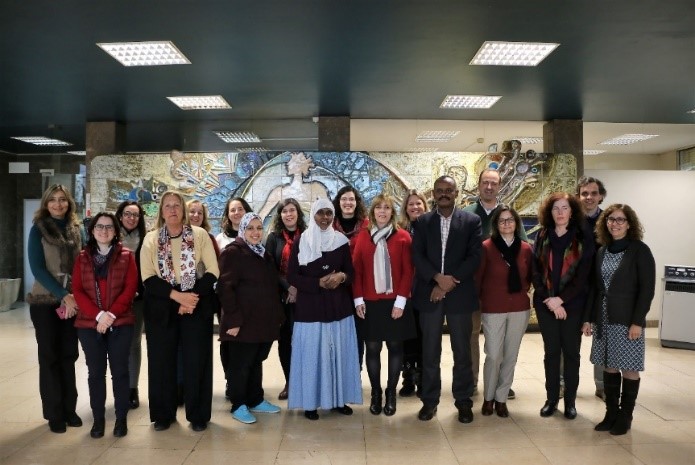
Lisbon, Portugal, November 2018, analytical training: FDNC organised a 3-week training course on analytical methods for nutrients in foods, for experts from Sudan, Egypt and Jordan. The use of new analytical methods by these countries will lead to the improvement of national datasets. It is expected that these experts will, in turn, train fellow professionals in their own country on food composition data and laboratory analyses. The workshop was hosted by Dr Helena Soares Costa at the Instituto Nacional de Saúde Doutor Ricardo Jorge (INSA), Lisbon. Training involved analysis of foods for nutrients including vitamin B1 and B2, vitamin C, vitamin A, E, D2, D3, fatty acids, amino acids, minerals, fibre.
The overall aim of data compilers within this project is to upload all national databases onto a single online platform http://www.eurofir.org/our-tools/foodexplorer/, where users can simultaneously search for food composition data from EU Member States, Canada, USA, New Zealand, Japan, the EMR region and Africa. This EuroFIR platform uses a standardised interface, with harmonised data description (LanguaL), standard vocabularies and standardised components which allows the provision of high-quality food composition data, thoroughly documented for best possible transparency, validated and compiled following strict and standardised quality evaluation procedures available for all data users.
* WHO’s Eastern Mediterranean Region comprises 21 Member
States with a population of nearly 583 million people http://www.emro.who.int/countries.html

